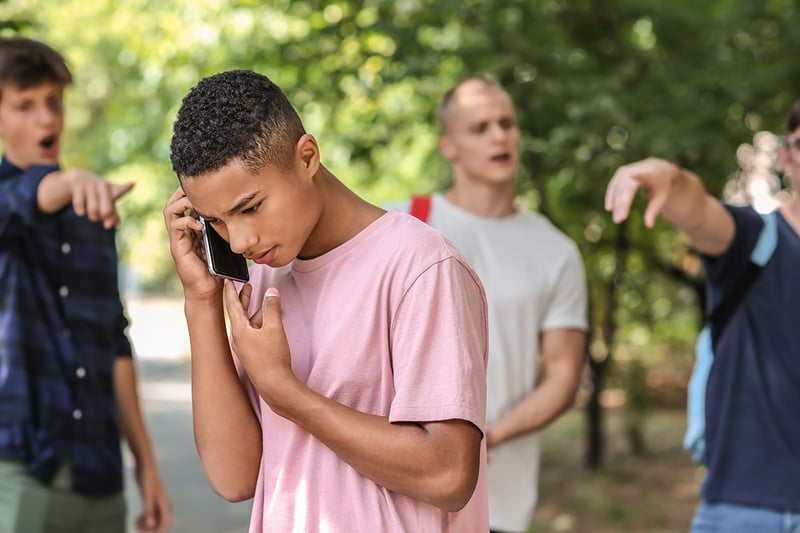How to Handle Peer Pressure

Humans are, by nature, very social animals. Because humans congregate together for survival, acceptance among our peers has become so ingrained. As a result, it is a part of our programming to seek to fit into society. Some may even treat it as a matter of life and death. Due to this, it can be easy to make some self-destructive decisions for the sake of fitting in with the crowd. Most early experimentations with drugs, alcohol, even cigarettes, is due to the stigma of not partaking in those in prescribed social situations, such as at parties or a bar. Not only can peer pressure get someone to start down the road to substance use, it can keep them from seeking treatment. That's why learning how to handle peer pressure is a vital part of beating
substance use.
Stonewater Adolescent Recovery Center can help your teen accomplish this task.
Peer Pressure and Substance Use
Peer pressure can be positive or negative, depending on the result.- Positive Peer Pressure: Should a group of friends influence someone to become in extracurricular sports, and this leads to a lifestyle of healthy activity and role models, the pressure turned out to have a positive effect.
- Negative Peer Pressure.: If a group of friends encourages competitive behavior to the point of obsession, a person may develop an exercise disorder that disrupts other aspects of life (including school and social time). Here, the pressure turned out to have a negative effect.
- Driving while under the influence of drugs or alcohol
- Alcohol or drug poisoning (or overdose)
- Sexually transmitted diseases
- Accidents (automobile or around the house)
- Substance use disorder
- Sex use disorder
- Gambling disorder
- Eating disorders
- Video game use disorder
- Shopping disorder
- Internet/social media use disorder
Parental Peer Pressure
In addition to parents using drugs or alcohol only increasing the likelihood that their children grow up to struggle with substance use disorders, the opposite can be true. By modeling emotional self-regulation, a child will be much less likely to use substances. When parents can teach a child healthy ways to solve problems and cope with undesired feelings, the child is less likely to turn to the appealing, though temporary, and destructive escape of addictive behaviors. Being an involved and reliable source of information for an adolescent can go a long way in deterring them from turning to friends for information on such important, life-impacting decisions.How to Handle Peer Pressure
It isn't easy going against the flow. It is reasonable to feel the urge to mimic what our peers are doing. This urge affects people of all ages - even adults struggle with how to handle peer pressure. We offer a few tips for resisting a friend's offer to drink or use drugs.- Thank them for the offer. Be polite, but clear and firm that you aren't interested
- Suggest another activity
- Find another activity with other friends
- Blame your parents, or a school or work policy, for how much trouble you'd be in if caught

.jpg)

